



How does a clean-tech startup that helps farmers dry tomatoes, mangoes and pineapples take that very technology to every corner of India? Raheja Solar, a clean-tech startup, has been enhancing farmers’ income through their solar dryers, which helps reduce post-harvest losses. However, expanding the startup’s reach to farmers pan-India, especially at the last mile, has been challenging. Limited human and capital resources create barriers for India’s emerging clean-tech startups and prevent them from leveraging a sizeable market at the grassroots. Not just Raheja Solar, startups with novel solutions, especially in the clean energy sector, find it difficult to scale up in rural geographies for similar reasons. This limits their on-ground deployments to hundreds at best.
While the reach has been limited, clean energy technologies for productive use can impact 37 million livelihoods in India and have a market worth ~USD 50 billion. As per an analysis by the Council on Energy, Environment and Water (CEEW), 71 per cent of users mentioned technologies such as solar micro pumps, solar-powered vertical fodder grow units, and solar silk reeling machines had increased their annual income by 35 per cent. These technologies also impact women positively by giving them local micro-entrepreneurship opportunities. For instance, 92 per cent of the women users believed that their business knowledge and skills have become more relevant after they began using the technologies.
To help the enterprises overcome the commercial valley of death and drive impact at scale, Powering Livelihoods (a CEEW-Villgro initiative) piloted a partnership model with rural distributors of clean tech. These distributors help enterprises reach prospective customers, create awareness and accelerate the deployment of technologies. Here are some key learnings on successfully unlocking these partnerships, which can be a useful reference for emerging startups and incubators, especially in India’s rural markets.
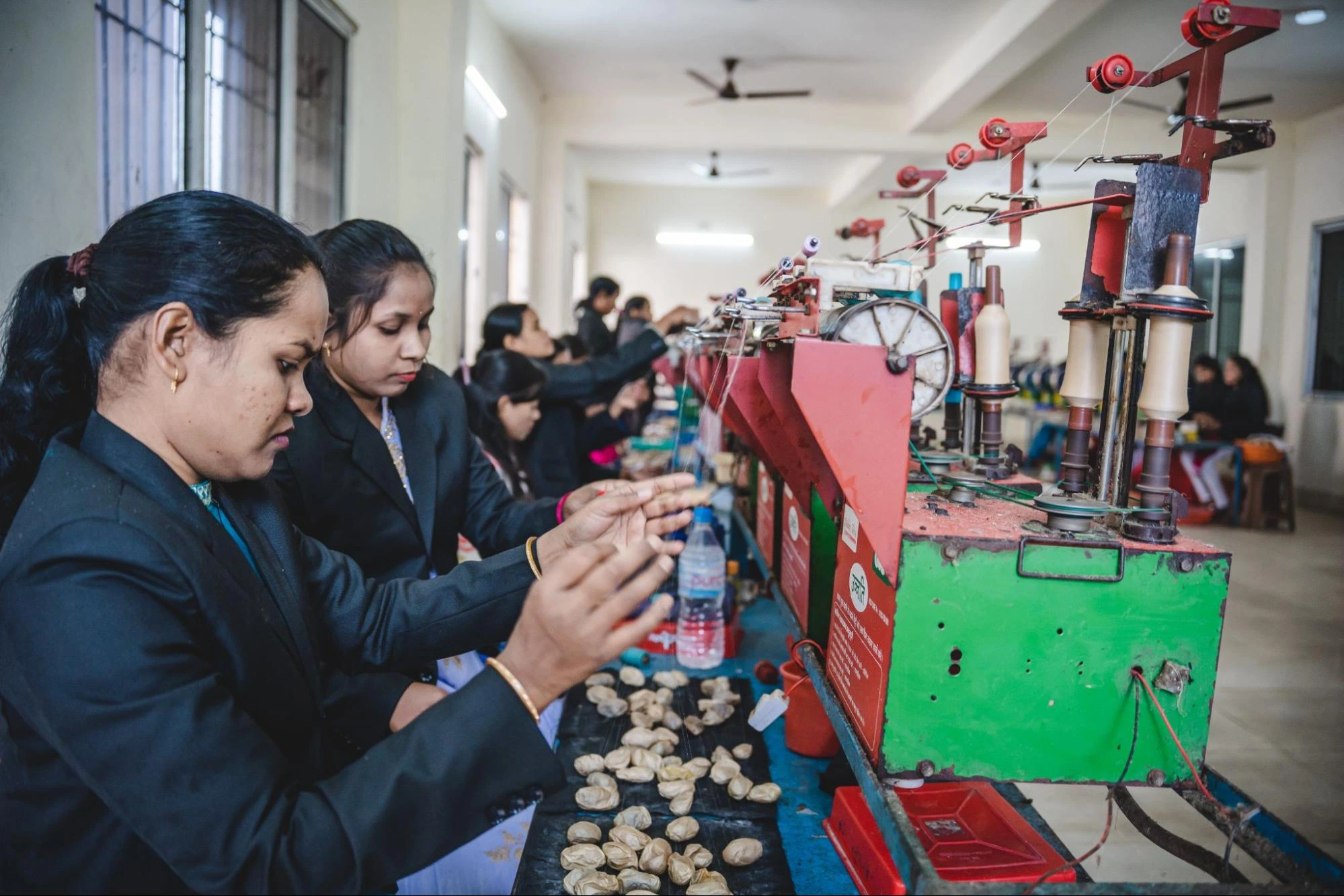
Solar silk spinning and reeling machines have a market of $25.9 million million in India, which can impact ~81,500 livelihoods
First, collaborate for efficiency. Effective collaboration happens by onboarding the right partner aligned with your vision and goal. Customer needs assessments and a collectively designed implementation plan help achieve goals in a coherent and planned manner, which leads to greater efficiency. For example, define the criteria to select your ground partners – geographical presence, prior experience in selling clean tech products, and their sales generation model. Rural startups should have a clear understanding of their target customers before strategy execution. Raheja Solar started by targeting individual farmers to sell solar dryers across India. However, closer interactions with the farmers showed that it would be more effective to approach farmer producers organisations (FPOs) instead for a commercially viable dried-products business. Now with ESSMART, a rural retailer, Raheja Solar is exploring opportunities to tie up with women’s self-help groups (SHGs) and FPOs.
Second, equip partners to enhance their effectiveness and build trust. Clean tech being a niche market requires building on-ground partners’ capacity around product specifications, economic potential and pricing. For example, enhancing their knowledge of the cost-effectiveness of solar-powered versus conventional technologies that run on grid power improves the sales pitch to rural customers. Another crucial aspect is having a well-structured Memorandum of Understanding (MoU) with a defined scope of work and roles and responsibilities for each partner.
Further, building customer awareness and understanding is also essential as these solutions are novel. Hyperlocal marketing events and product demonstrations help generate user awareness. The 25+ hyperlocal events conducted across India by Powering Livelihoods’ distributor partners generated awareness among 3,000+ rural participants with 500+ prospective leads. These were live demonstrations of technologies such as solar dryers, silk-reeling machines, hydroponic fodder-growing units, and micro food-processing units.
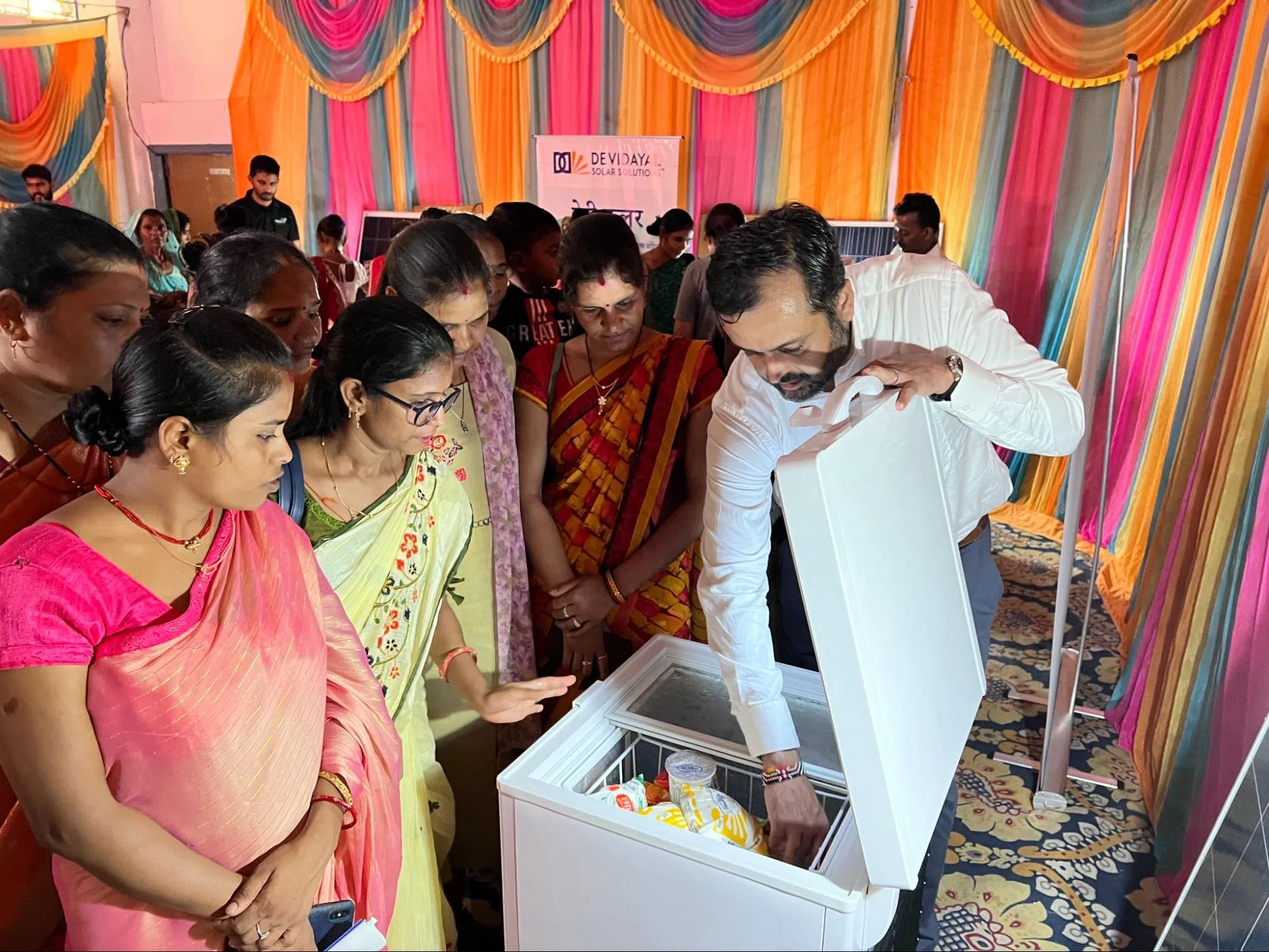
A hyperlocal event conducted in Udaipur, Rajasthan, generated awareness among rural women about the importance of solar refrigerators in dairy farming
Third, initiate cross-sectoral partnerships with national and local players for access and scale. The ground partners have the last-mile reach in rural India, but that alone is not enough. Partnerships with financiers, national and state government initiatives, skilling platforms, and market-linkage partners are crucial. These partnerships extend affordable financing for the end-users, unlock adoption support through government subsidies or interest subvention, enable training on product usage and business models, and help realise income from livelihood activities. Partnering with State Rural Livelihood Missions helped some of the startups reach 1,000+ women from SHG networks generating approximately 100+ leads in Bihar and Uttar Pradesh. Further, 10 FPOs in Maharashtra and Uttar Pradesh got better financing options for cold storage because of the convergence with financiers.
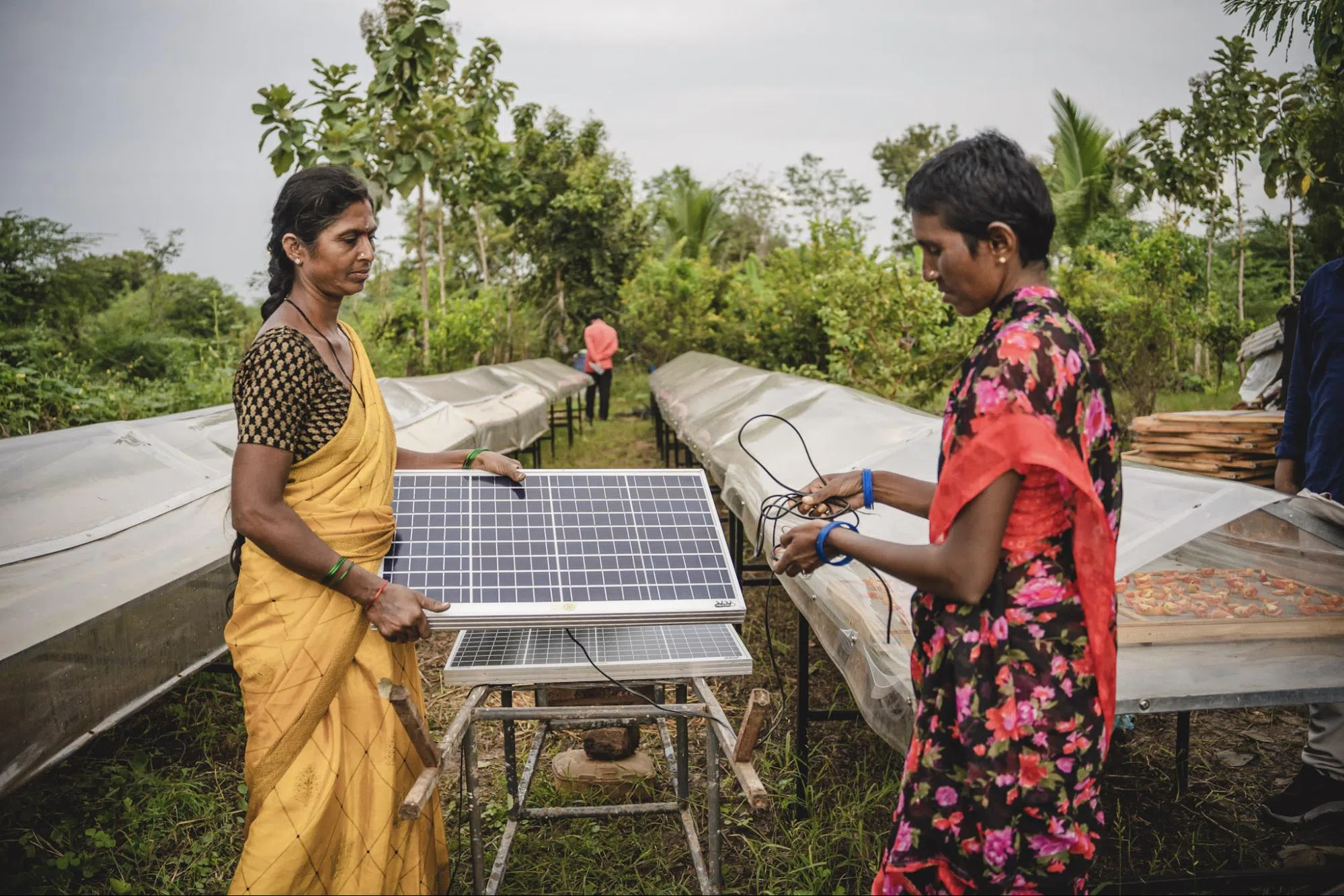
Samunnati Finance facilitated credit services to six women-based FPOs to purchase solar-powered drying units in Andhra Pradesh
The rural distributor partnership has generated 500+ sales of solar dryers for Raheja Solar, further expanding their business from Madhya Pradesh to six other Indian states. Not just Raheja, many more technologies have been deployed through these partnerships, indicating that a strong and robust network of local partners can help startups scale as well as achieve resource optimisation. As India’s startup story soars, effective partnerships will be a fundamental pillar to reaching rural masses as they leverage local expertise, resources and networks. Through effective collaboration, hand-holding support and cross-sectoral partnerships, we could scale the impact of cleantech and act as catalysts in India's path to self-reliant and sustainable green growth.
Divya Gaur is a Programme Associate and Mousumi Kabiraj is a Research Analyst at the Council on Energy, Environment and Water (CEEW), an independent, not-for-profit research organisation. Send your comments to [email protected].

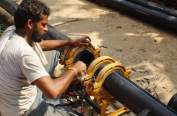

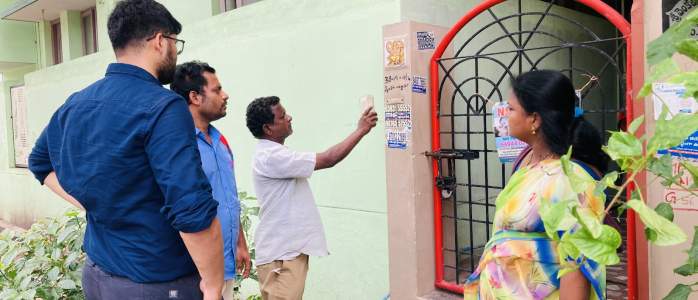
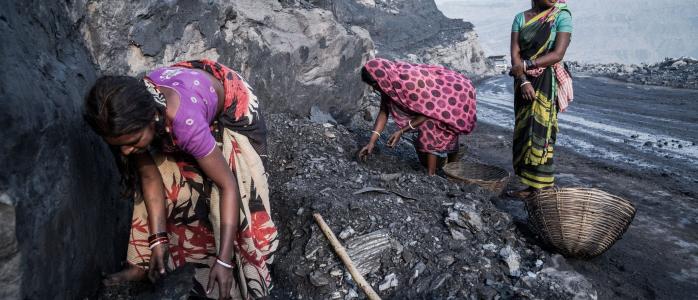
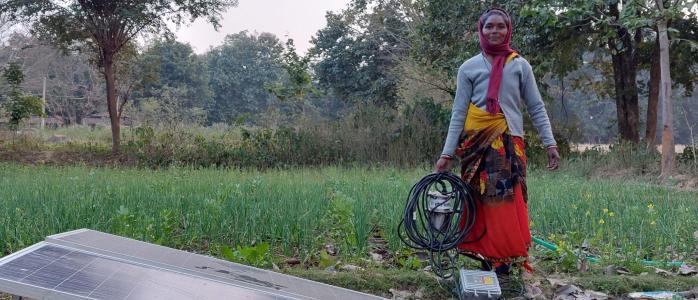
Add new comment